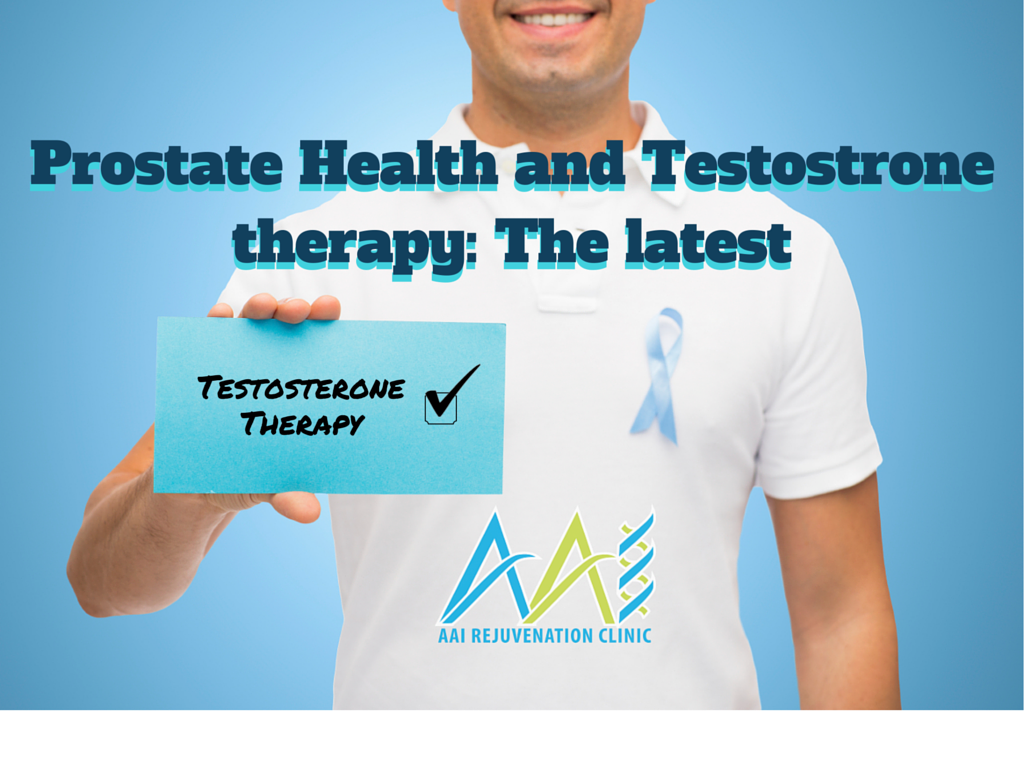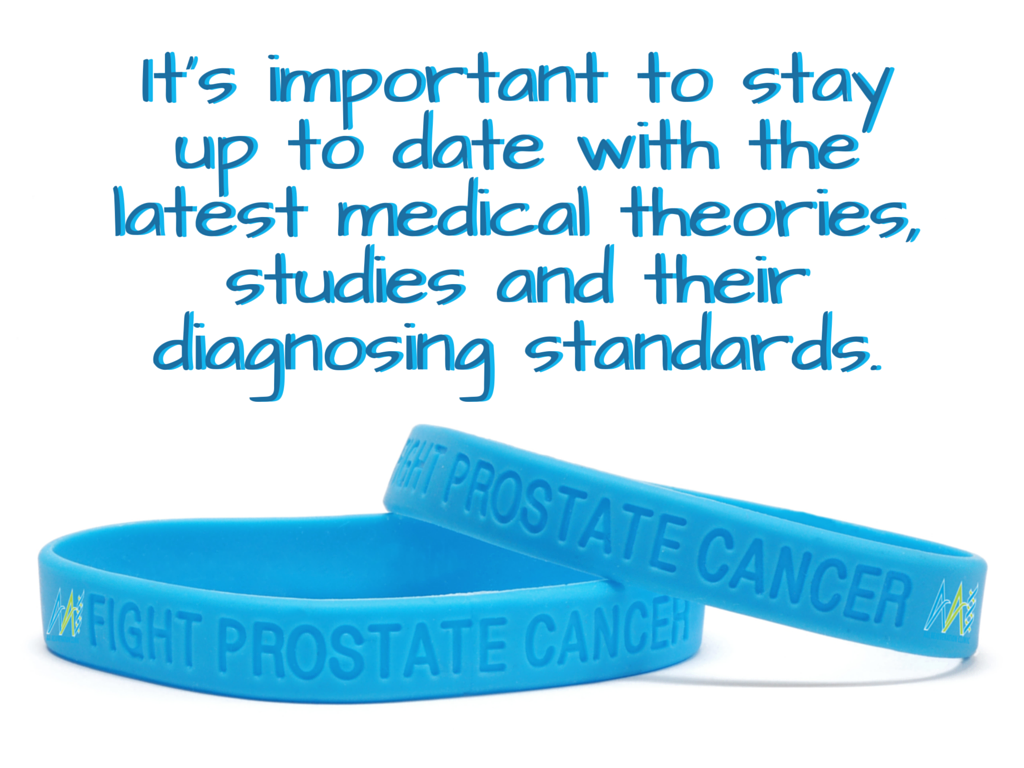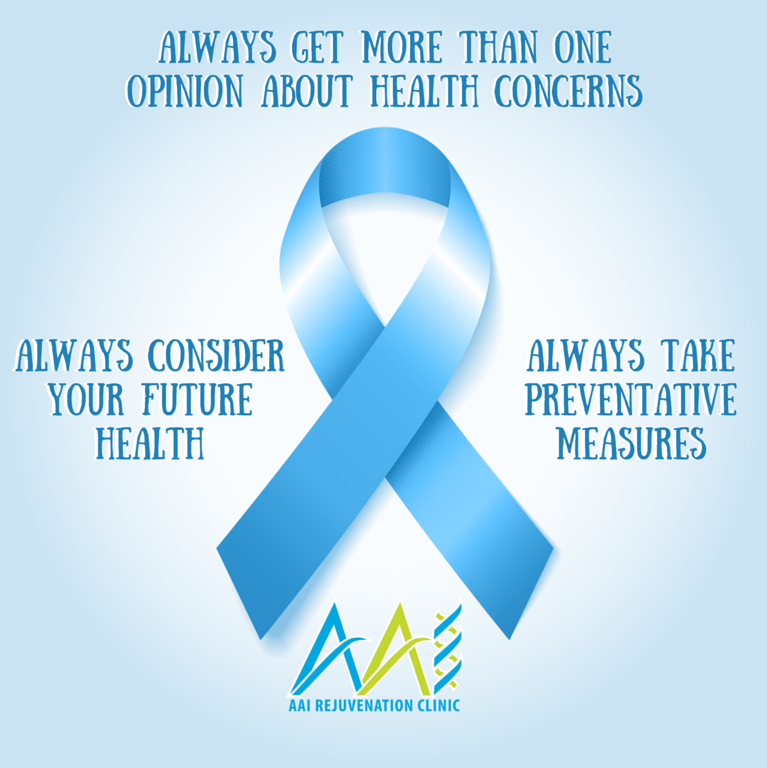Testosterone Therapy and Prostate Health
The relationship between testosterone and prostate health has always been shrouded in controversy. For years, there was a prevailing belief that testosterone therapy could potentially trigger prostate cancer or other malignancies. These concerns were primarily based on observational studies and anecdotal evidence, leading to widespread caution around testosterone replacement therapy (TRT).
However, recent research is challenging these long-held beliefs. Double-blind, placebo-controlled studies, which are the gold standard in medical research, have started to provide new insights into testosterone’s impact on the prostate. Notably, these studies reveal that testosterone may not have as harmful an effect on the prostate as previously feared. While the relationship between testosterone and prostate health remains complex, evidence increasingly suggests that TRT might not increase the risk of prostate cancer as once thought.
The myth that testosterone “fuels” prostate cancer largely stems from early observations that prostate cancer patients often had elevated testosterone levels. However, more rigorous studies now show that low testosterone may be associated with more aggressive forms of prostate cancer. This evolving understanding is shifting the narrative on how testosterone influences prostate health.
The evolving science suggests that under proper medical supervision, testosterone therapy may be a safe and effective treatment for men with low testosterone levels without the dire consequences that were once feared. As more research emerges, we may see a complete shift in how testosterone therapy is approached in prostate health.
Testosterone Effects on Prostate Health. How That’s Changing. Testosterone’s effects on prostate levels and its functionality have always been a delicate topic of conversation. There is a lot of controversy surrounding the different theories on its impact. We have all heard the stories and read the articles where Testosterone injections, or any form of testosterone therapy, are allegedly attributed to malignant side effects in the participants. Most interesting is that few studies have focused on that particular reaction to treatment. By this, we mean double-blind, placebo-controlled studies, as is the standard of our trusted Food and Drug Administration’s qualification process.

We do not want to give off the impression we share this recently accepted hypothesis, which suggests testosterone effects on prostate health do not necessarily correlate. However, it is essential to shed light on how the medical community and its core beliefs and socially accepted diagnoses often shift dramatically. Also, as the world awakens, asks more questions, and does not take the typical status quo, we’ve all become more enlightened about the world’s ways. We’ve learned that big pharma and its foremost directors don’t necessarily have our health or us at the forefront of their decision-making. Many times, profits interfere with factual descriptions and publicly distributed medicinal allocations. We must use discernment when we read data and dig deeper if it’s a matter of personal importance. Everyone who searches finds…

Notably, men on testosterone therapy should do their best research to help them better understand the involved variables. A better understanding of testosterone’s effects on prostate health can help patients make the best determination based on their considering factors. A recent study led by researchers at NYU Langone Medical Center denoted men prescribed a minimum of 1 year of testosterone injection replacement therapy demonstrated no additional risk for prostate cancer. One researcher, Stacy Loeb, MD, MSc, who happens to be a urologist at NYU Langone Medical Center, shared a different notion. She suggests physicians should continue to evaluate prostate cancer risk factors and better understand the functionality and future health— such as age over 40, family history of the disease, and black ancestry — among men prescribed testosterone therapy. Dr. Loeb said in a corresponding press release, “They should not hesitate to prescribe [testosterone therapy] to appropriate patients for fear of increasing prostate cancer risk.”
In their research to better understand testosterone injections’ effects on prostate health, Dr. Loeb and her contemporaries collected data from close to 25 million medical files on a group of men. These men were enumerated in Sweden’s National Prostate Cancer Register and Prescribed Drug Register.
- They were able to classify 38,570 men diagnosed with prostate cancer between 2009 and 2012. Of these men, 284 received testosterone therapy treatments before their prostate tissue diagnosis. These numbers were then compared to the results of 192,838 men who showed no prostate cancer development. Most interestingly, 1,378 of those men had been on testosterone therapy.
- Multivariable examination helped conclude no significant association between testosterone injection replacement therapy and prostate cancer risk (OR = 1.03; 95% CI, 0.9-1.17). The results suggested a 35% increase in low-risk prostate cancer occurrence after the commencement of a testosterone therapy regimen (OR = 1.35; 95% CI, 1.16-1.56). Results also showed a lower risk of aggressive disease among men who used testosterone injection replacement therapy for over a year (OR = 0.5; 95% CI, 0.37-0.67).

From this analysis, the boundaries indicating the lessened potential for testosterone injection therapy to have a negative side effect on the prostate are significantly prominent. Testosterone injections’ effects on prostate health and blood testing levels have shown to have little to no association. That being said until concrete information has changed the national standard on this widespread opinion, AAI Rejuvenation Clinic will continue to supplement each of our therapies with the necessary medicinal requirements currently utilized to prevent possible unwanted side effects from interfering with a successful testosterone therapy treatment. If you have any questions or comments about this subject, please fill out our short contact form; someone will reach you within 24 hours. Make sure to leave your phone number. You can also call us directly by dialing:
Testosterone Therapy Information
- What Is Testosterone?
- Testosterone Therapy Info
- Testosterone Injections
- symptoms of Low Testosterone
- causes of Low Testosterone
- Low Testosterone in Men
- Low Testosterone in Women
- Low Testosterone
- Testosterone Cypionate
- Testosterone Propionate
- Testosterone Enanthate
- Testosterone Patches
- Testosterone Gels
- Testosterone Boosters
- Side Effects of Testosterone
**NOTE** The content in this blog is subject to interpretation and is the opinion of the content writer. We do not claim it to be fact. We encourage you to consult a medical doctor before taking any prescribed medications or supplements.
Conclusion
Supporting Hormone health is essential for overall well-being and vitality. By incorporating regular exercise, proper nutrition, adequate sleep, stress management techniques, and IV therapy, you can help maintain optimal testosterone levels and lead a healthy, balanced life. Always consult a healthcare professional before making significant changes to your lifestyle or starting any new treatments to ensure they suit your needs.
At AAI Rejuvenation Clinic, we advise anyone to think seriously about beginning Hormone treatment if there is no medical need. However, we will take every precaution to ensure that you read your program’s positive benefits by providing the latest at-home hormonal mouth-swab testing to ensure we are continually monitoring your progress and aware of any adverse side effects. Fill out the Medical History Form, or if you need more information, call us at (866) 224-5698 or (866) AAI-Low-T.



